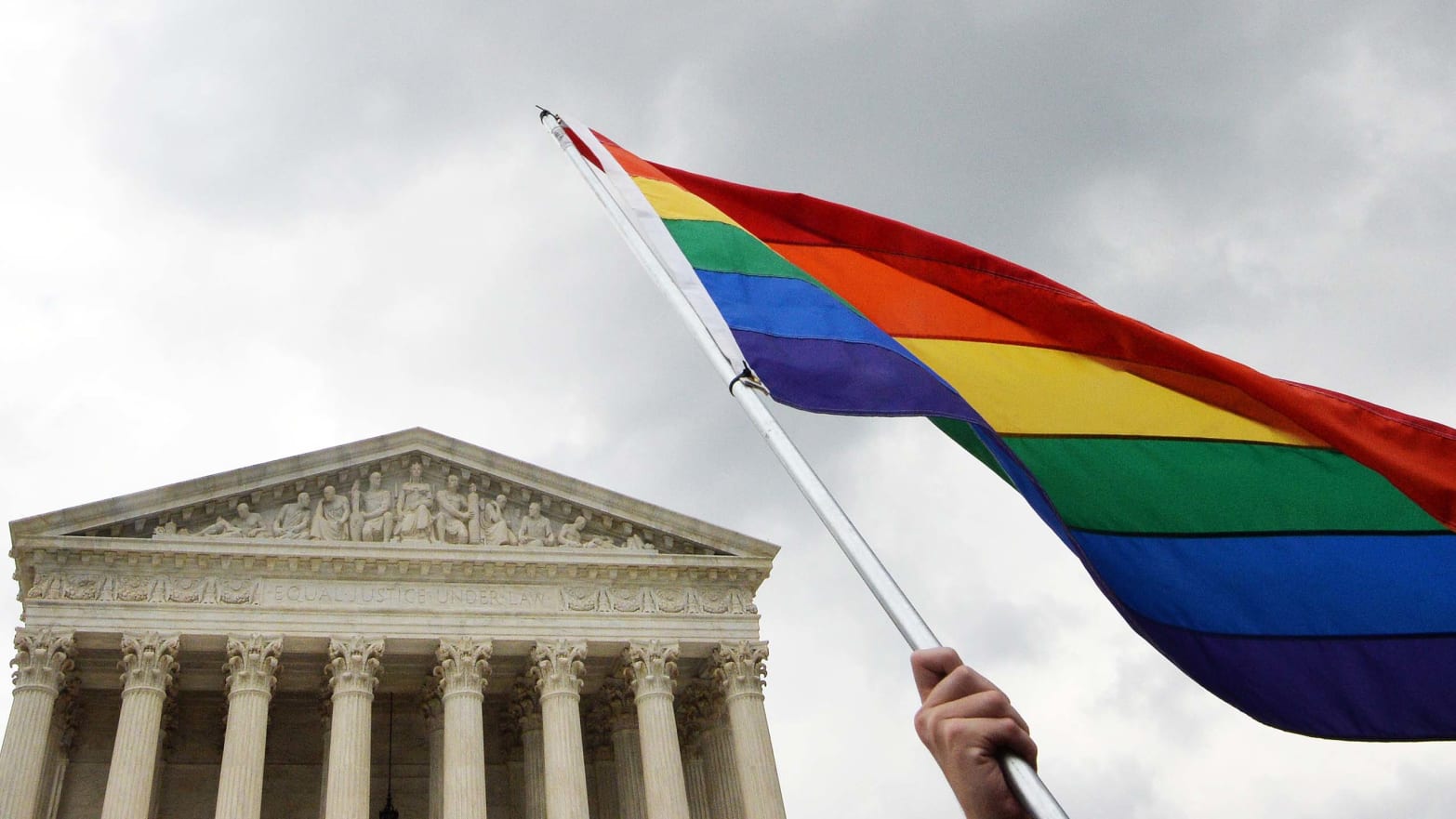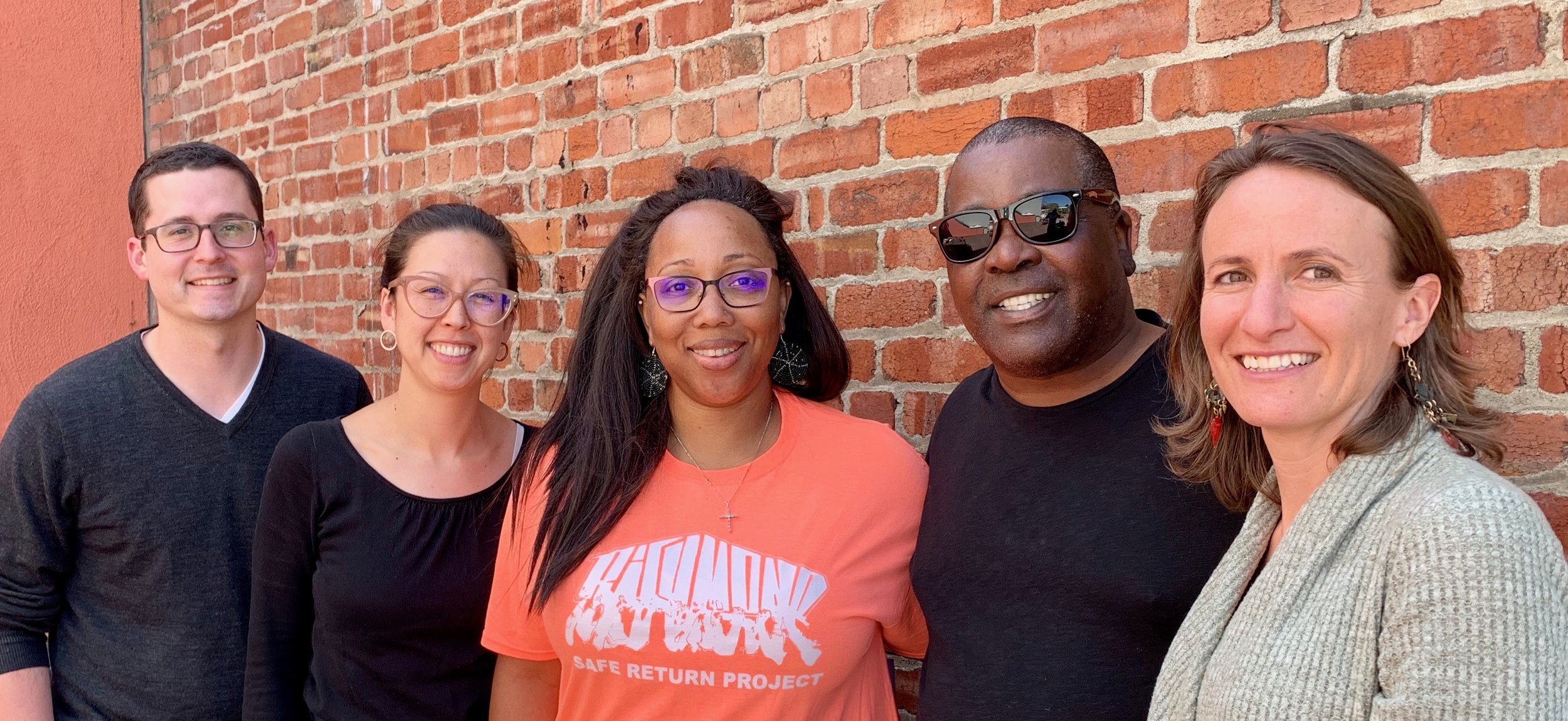A question for Microsoft: How many #MeToo’s does it take?
Jocelyn D. Larkin - Executive Director, The Impact Fund
How many women must complain that their rights have been violated before a court will consider the possibility that something is really wrong in their workplace? That is the question posed by an amicus brief filed this week with the Ninth Circuit Court of Appeals by the Impact Fund, Equal Rights Advocates, Queen’s Bench Bar Association of the San Francisco Bay Area, and 29* other civil rights and women’s groups in Moussouris v. Microsoft.
The case challenges certain pay and promotion policies that a group of female Microsoft employees claim have systemically disadvantaged women in violation of Title VII. To support their request to proceed as a class action, the women presented statistical evidence showing the impact of the policies on their careers, their own narratives, and substantial additional expert and documentary evidence. The district court denied their request for class treatment, and the women have now petitioned the Ninth Circuit to hear an immediate appeal of the order.
Part of the judge’s rationale was that the women’s personal stories of discrimination could not be credited because they failed to come forward with a large enough number of such stories, mathematically calculated based upon the number of women in the class. The judge also refused to credit hundreds of internal complaints of discrimination, reasoning that he had no evidence to suggest that that number was any different from the number of women complaining of gender discrimination at other big employers. Apparently, so long as an employer does not generate more complaints than average, a certain threshold of gender discrimination raises no broader concerns.
As our brief argues, the judge’s decision to count rather than analyze the women’s stories to see whether they showed common problems for women at Microsoft, or otherwise illuminated the statistical evidence, relied in part on a misreading of Wal-Mart Stores v. Dukes. Even though the Wal-Mart majority opinion expressly disclaimed creating any numerical minimum for anecdotal declarations, the judge in Moussouris did just that - calculating the ratio of stories to class members and dismissing that evidence has numerically insufficient.
Sworn statements explained how women at Microsoft [...] work in a sexualized environment in which male employees stare at women’s breasts, grope them, and comment on their bodies and clothes
The judge’s arbitrary mathematical rule also ignores the reality that most women – and particularly those working in male-dominated industries like tech -- are unwilling to risk their years of hard work and professional relationships in order to join a lawsuit. That understandable reticence is then used to justify the conclusion that the few brave women who have stepped forward have failed to show that gender discrimination is systemic in the workplace.
And, what was the anecdotal evidence of discrimination that the district court refused to credit? Those sworn statements explained how women at Microsoft are undervalued in comparison to men, are denied opportunities that men receive, are left out of important meetings, and work in a sexualized environment in which male employees stare at women’s breasts, grope them, and comment on their bodies and clothes. One woman explained the pressure that she and other women feel to “hit the sweet spot between being perceived as ‘too timid’ or ‘overly passionate’ and ‘too harsh’ in Microsoft’s male-dominated culture.” Her male manager lowered performance ratings for her and the team of women she supervised because he believed they did not “smile enough.”
Just as the Supreme Court explained forty years ago in Teamsters v. United States, those narratives help bring the “cold numbers convincingly to life.” We hope that the Ninth Circuit will allow these women’s voices to be heard.
UPDATE 09.20.18:
Today the Ninth Circuit granted the Rule 23(f) petition for permission to appeal the denial of class certification in Moussouris v. Microsoft.
Additional Amici:
Center for WorkLife Law at the University of California, Hastings
UPDATE 02.08.19
After granting the petition, the Ninth Circuit is now hearing the merits of the appeal. Earlier this week, the Impact Fund, Equal Rights Advocates and thirty-three civil rights organizations filed a second amicus brief in support of the proposed class of female engineers in Moussouris v. Microsoftalleging systemic gender discrimination at the tech giant.
We continue to argue that the district court judge made a fundamental—and potentially devastating—error in how he assessed the personal stories of discrimination. Eleven women submitted individual statements, but rather than considering them along with the reams of statistical evidence of workplace discrimination, the judge merely counted and computed an arbitrary ratio of statements-to-class members. Our brief demonstrates that calculating, not considering, these stories is a clear violation of long-standing Supreme Court precedent and sets a dangerous precedent for those who seek to enforce their rights as a class. In this second brief, we also highlight clear examples of discrimination and harassment from the women’s stories, as well as evidence from Human Resources investigations of internal complaints, which the court failed to review in its order.
We are grateful to our coalition of supporters, who stood with us to declare that it is the substance, not the number, of #MeToo’s that matters when showing bias and hostility at work.
Additional Amici:
UPDATE 01.02.20
On December 24, 2019, the Ninth Circuit Court of Appeals affirmed the district court’s order denying class certification in a short, unpublished opinion. First, the three-judge panel held that the plaintiffs failed to show a common discriminatory policy or practice in Microsoft’s promotions and decision-making, because individual managers maintained broad discretion in the process. Second, the panel ruled that lead plaintiff Katherine Moussouris was an inadequate representative of the proposed class of female engineers. She was a manager herself who had three women report to her, while another named plaintiff, Holly Muenchow, did not have a managerial position. Therefore, the court reasoned that Moussouris had a conflict of interest with the class members who reported to her and with other class members who were not managers. The court did not address the matter that we raised in our amicus brief—whether the court erred in counting, rather than holistically evaluating, the class members’ declarations.



![Sworn statements explained how women at Microsoft [...] work in a sexualized environment in which male employees stare at women’s breasts, grope them, and comment on their bodies and clothes](https://images.squarespace-cdn.com/content/v1/559b2478e4b05d22b1e75b2d/1532983364970-2NMB9SZRDGU89JUK0UST/Harassment.jpg)




